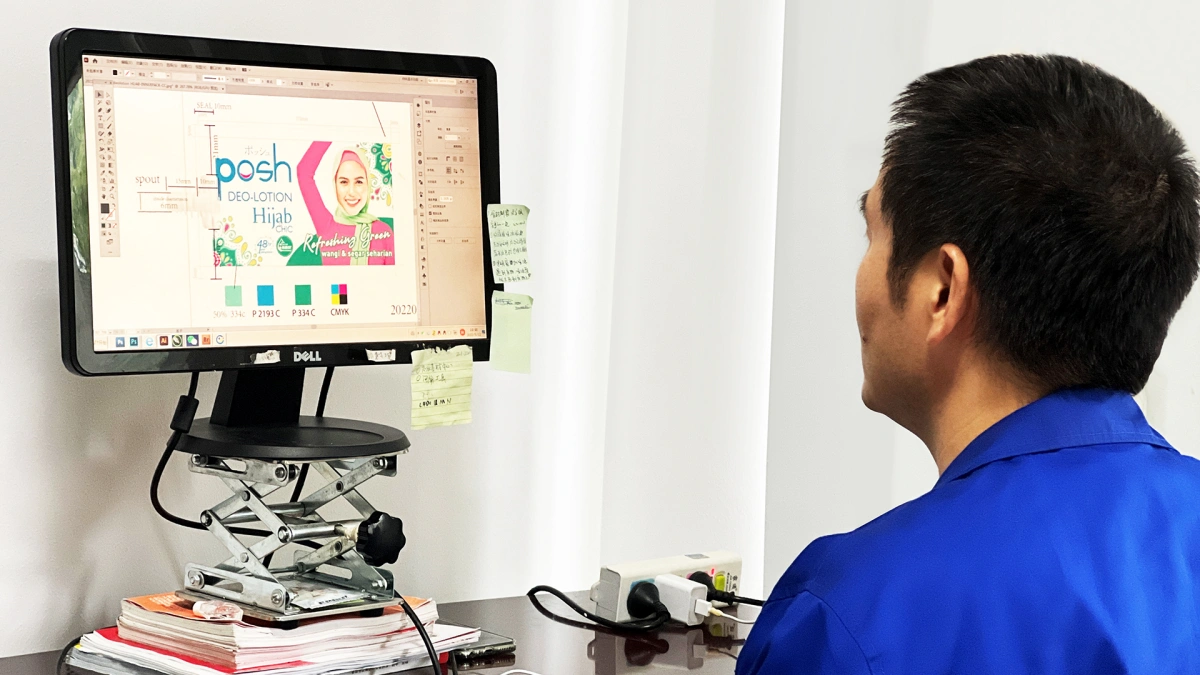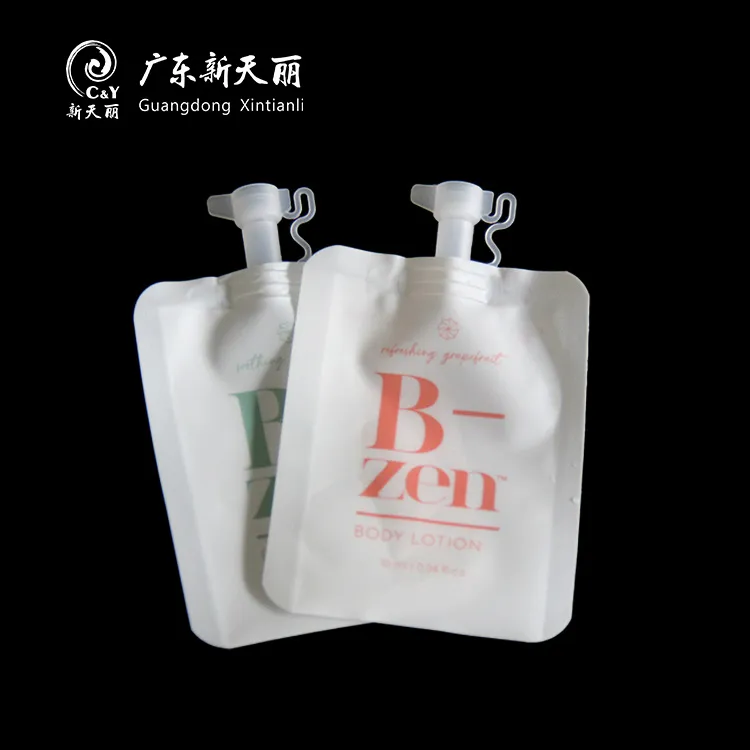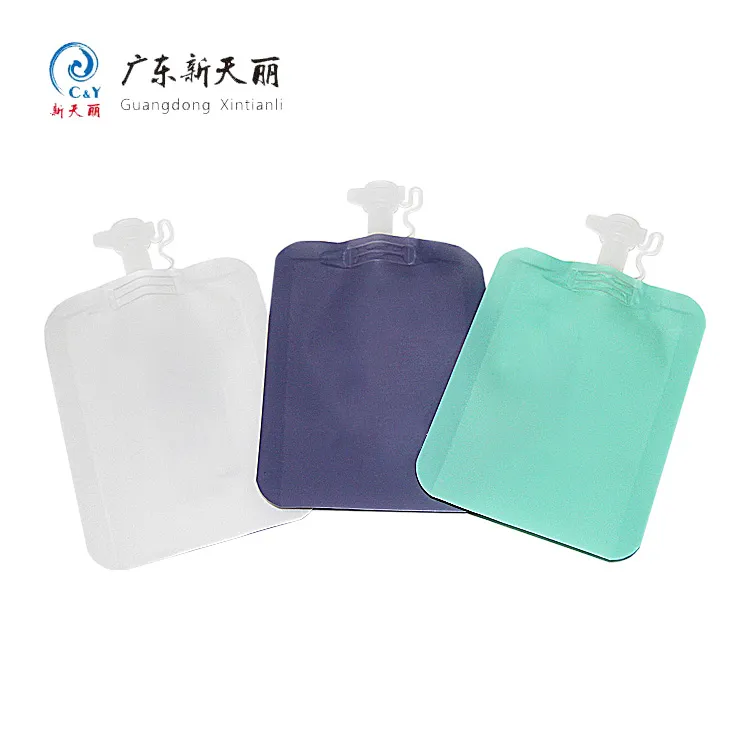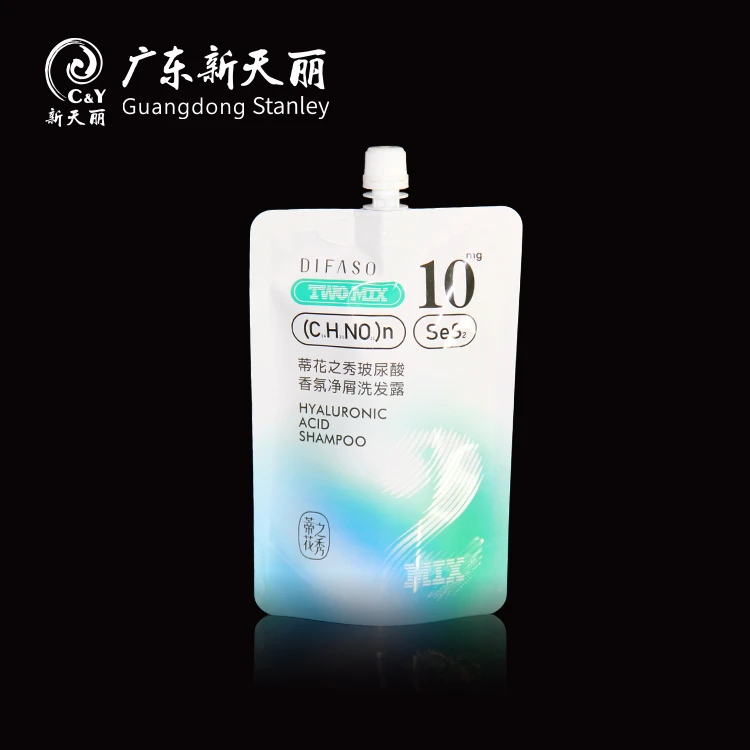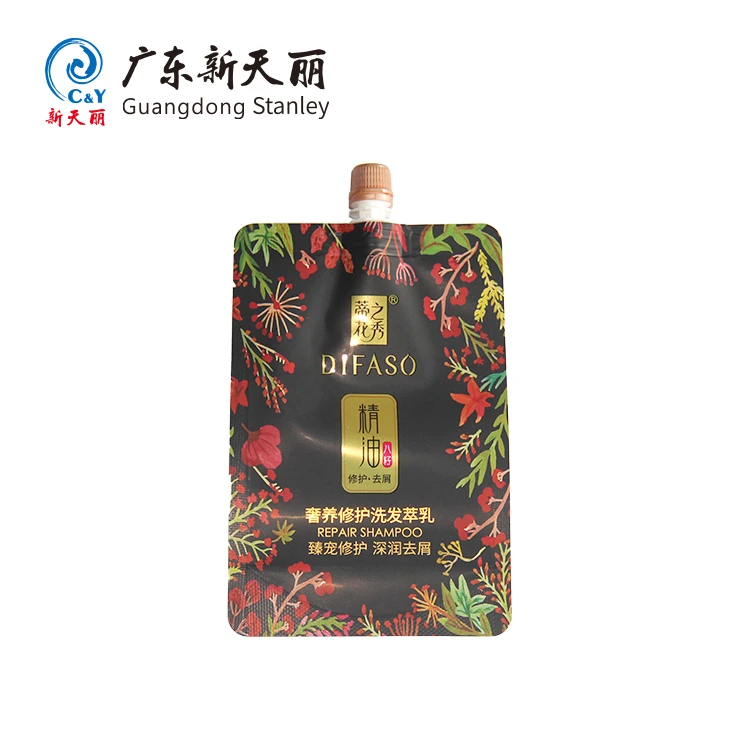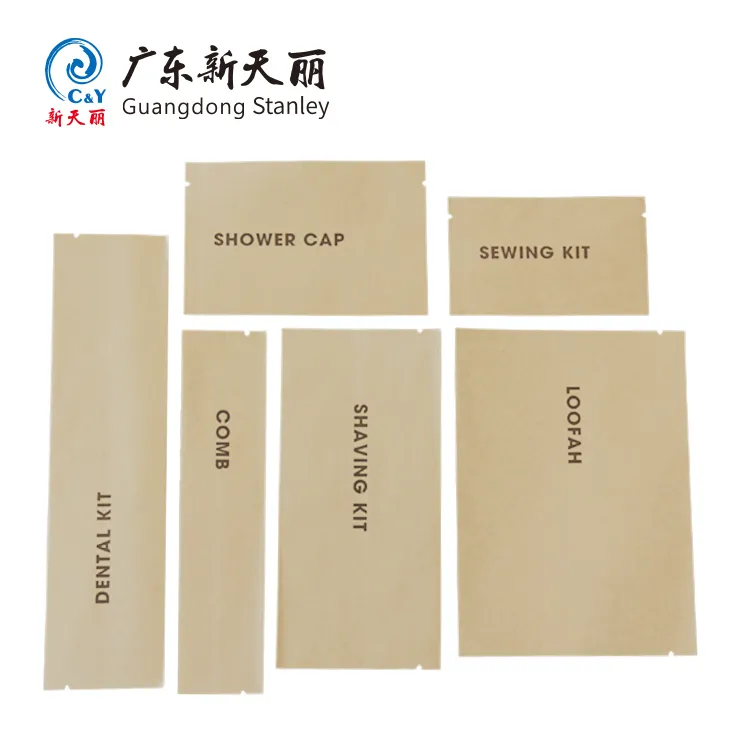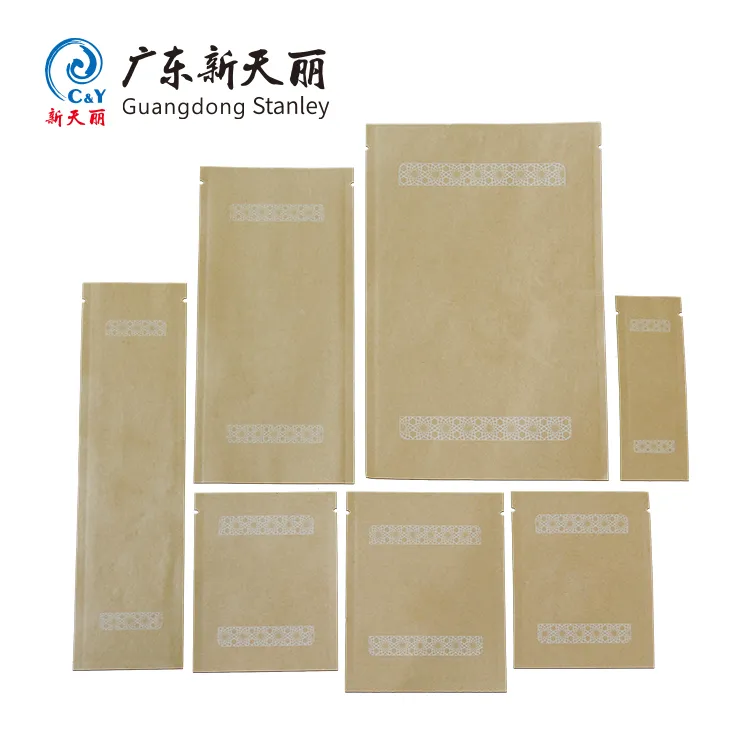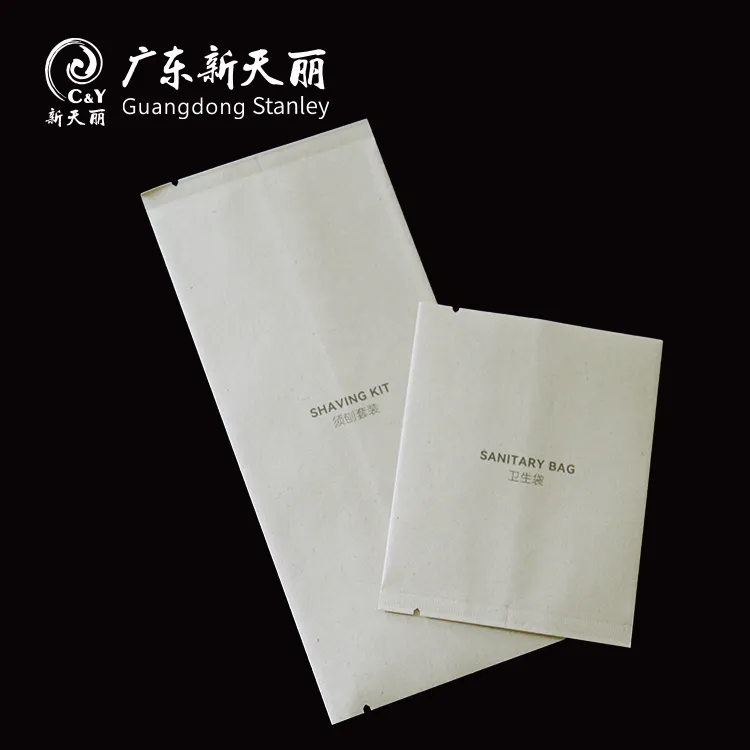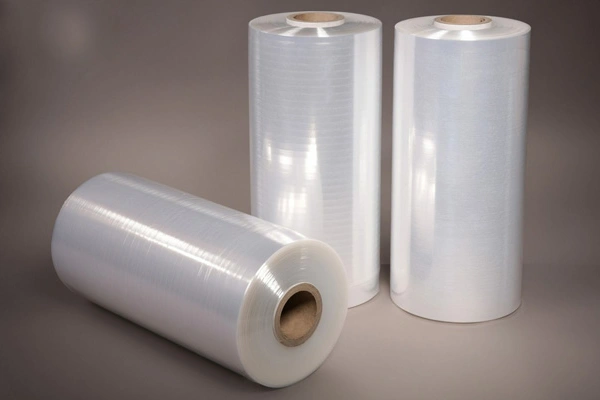
As sustainability becomes a global priority, the packaging industry is undergoing a significant transformation. One of the most promising advancements is mono-material flexible packaging—a solution designed to simplify recycling and reduce environmental impact.
The Trend of Mono-Material Flexible Packaging Materials
Since 2018, China’s ban on foreign waste has significantly impacted global waste management. With China no longer accepting plastic waste from abroad, many countries lost a major destination for their plastic disposal. These countries, lacking the capacity to handle their own plastic waste, have subsequently increased plastic restrictions and related taxes. Against this backdrop, the development and application of eco-friendly materials have surged to the forefront.
The plastic packaging industry is innovating in materials and design to drive sustainable development. One significant trend is the shift towards mono-material designs that are easier to recycle. Unlike multi-material packaging, which is difficult to separate and recycle due to the different properties of its components, mono-material packaging simplifies the recycling process. It can be more easily sorted and, in many cases, achieve a 100% recycling rate.
Eco-friendly Materials for Flexible Packaging
Mono-material packaging can be made from materials such as PP (polypropylene) and PE (polyethylene).
PP (Polypropylene)
Borealis and Mondi have developed a groundbreaking PP-based food packaging solution that is both high-performing and recyclable. This solution is based on Borealis’ patented Borstar Nucleation Technology (BNT), which enhances the recyclability of plastic food packaging. Mondi utilized a modified copolymer, Borealis BC918CF, to produce a new mono-material packaging solution for meat and dairy products. This solution matches the performance of conventional multi-layer packaging while improving mechanical recycling yields.
By combining the copolymer BC918CF with another copolymer, RB707CF, the material’s performance is further enhanced. This innovative PP solution, based on Borealis BC918CF and RB707CF, serves as a viable mono-material alternative to multi-material plastics. In addition to providing high moisture resistance, this material also reduces material costs through optimized specifications and easier processing on film conversion and packaging lines.
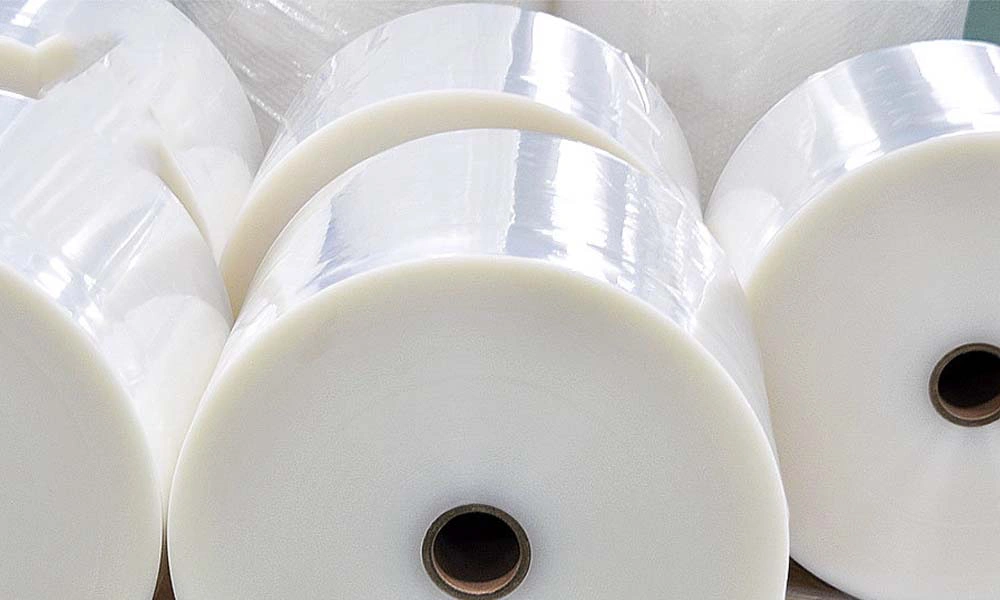
The combination of these two copolymers during production results in better properties, including heat resistance and high transparency, which are key for efficient packaging. Mondi, in collaboration with Jindal Films and Unilever, also developed a novel “PP-rich” monomaterial film barrier laminate. This laminate is used for high-speed horizontal form-fill-seal packaging of Unilever’s Knorr brand dehydrated soup powder. This recyclable mono-material barrier laminate (OPP/Met-OPP/Seal OPP) is a breakthrough innovation as it is the first large-capacity dehydrated soup bag application using only OPP film material.
Traditional markets typically used high-barrier laminates based on paper, aluminum foil, PET, and PE, which are now considered non-recyclable according to the Flexible Packaging Circular Economy principles (CEFLEX). This packaging is Unilever’s first globally recyclable Knorr brand dehydrated soup pack. The high-barrier and high-seal performance technology from Jindal Films was crucial to the project’s success.
For high-barrier applications, the brand collaborated with Tomra and other partners to assess that the Knorr barrier OPP laminate developed with Unilever and Mondi is easily sorted. This means it can be detected by near-infrared technology and thus transferred to the PP fraction during sorting. The brand also worked with Axion Polymers and other partners to prove that this type of all-PP high-barrier laminate has good mechanical recyclability in injection molding applications.
PE (Polyethylene)
Coveris, a leading European flexible packaging solutions provider, has introduced various packaging materials in response to the market demand for recyclable flexible packaging. These materials share the common trait of extending product shelf life while minimizing material waste. One of their new products, Monoflex E, is a monomaterial packaging alternative for dry pet food. Made from 100% polyethylene, it is suitable for both form-fill-seal bags and pre-made packaging bags.
Monoflex E has a bright appearance and high gloss, and it offers upgraded printing options (suitable for both gravure and flexographic printing), making it stand out on the shelf and visually attractive to consumers. The increased stiffness of the material, combined with its processability similar to standard PET/PE, makes it easy to integrate into existing production lines. Additionally, Monoflex E retains the excellent functionality of standard Coveris films, including enhanced ease of opening and closing. These advantages, coupled with its 100% recyclability due to its mono-material base, meet the growing market demand for flexible and sustainable solutions in the pet food market. This material is also being expanded to other markets, including consumer products and long-shelf-life products.
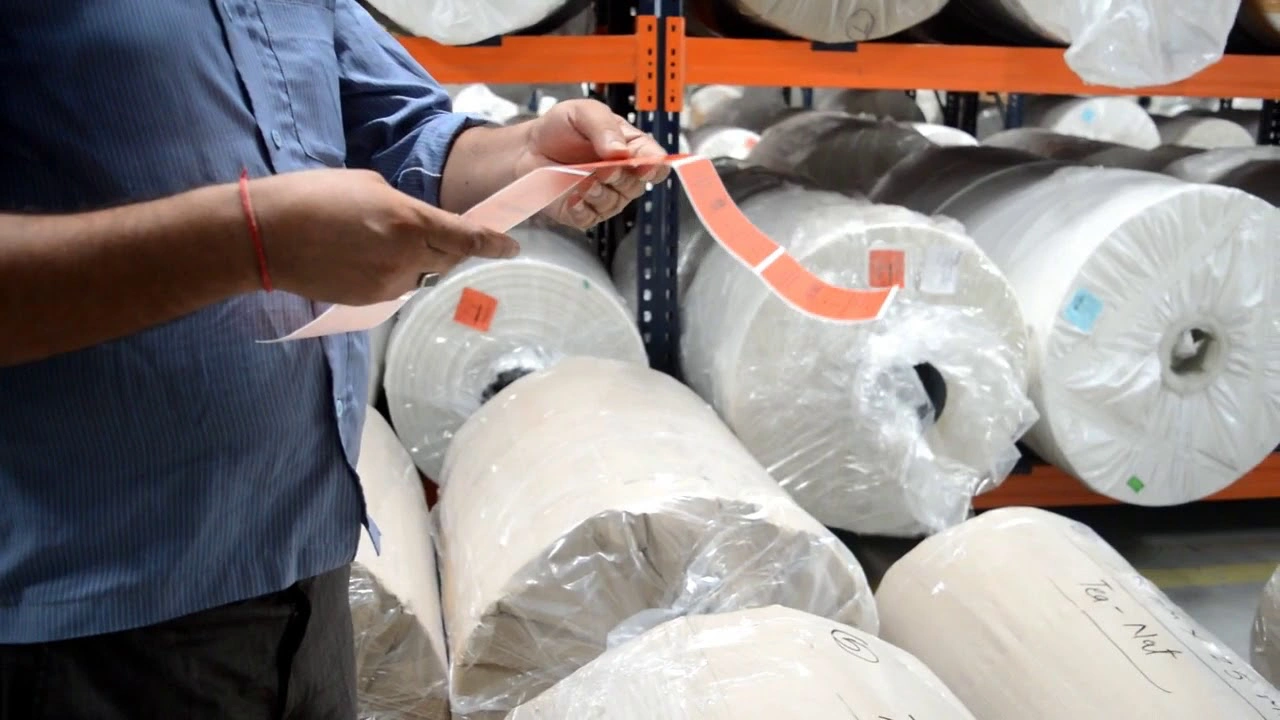
Another innovative solution from Coveris is PE+, a recyclable film designed for retail packaging applications. Currently used for various form-fill-seal packaging, it serves as a sustainable alternative to OPP plastics (e.g., for microwave fresh food). Made from polyethylene, PE+ offers functional performance and complies with the “On Pack Recycling Label” standards. It also features optimized shelf life and anti-fog formulas to maximize consumer convenience. After successful trials in certain production lines of Tesco and Co-op in the UK, Coveris plans to further expand sales to other European countries.
The Protective Capabilities and Substitutability of Eco-friendly Flexible Packaging
Eco-friendly flexible packaging made from mono-materials has reached a high level of protective capability and can replace conventional multi-material flexible packaging. For example, the PP-based food packaging solution developed by Borealis and Mondi matches the performance of conventional multi-layer packaging while improving mechanical recycling yields.
The novel “PP-rich” mono-material film barrier laminate developed by Mondi, Jindal Films, and Unilever is used for packaging Knorr brand dehydrated soup powder. It is the first large-capacity dehydrated soup bag application using only OPP film material. Traditional markets typically used high-barrier laminates based on paper, aluminum foil, PET, and PE, which are now considered non-recyclable according to the Flexible Packaging Circular Economy principles (CEFLEX).
This packaging is Unilever’s first globally recyclable Knorr brand dehydrated soup pack. The high-barrier and high-seal performance technology from Jindal Films was crucial to the project’s success. For high-barrier applications, the brand collaborated with Tomra and other partners to assess that the Knorr barrier OPP laminate developed with Unilever and Mondi is easily sorted. This means it can be detected by near-infrared technology and thus transferred to the PP fraction during sorting. The brand also worked with Axion Polymers and other partners to prove that this type of all-PP high-barrier laminate has good mechanical recyclability in injection molding applications.
The Monoflex E from Coveris, made from 100% polyethylene, is suitable for both form-fill-seal bags and pre-made packaging bags. It has a bright appearance and high gloss, and it offers upgraded printing options (suitable for both gravure and flexographic printing), making it stand out on the shelf and visually attractive to consumers. The increased stiffness of the material, combined with its processability similar to standard PET/PE, makes it easy to integrate into existing production lines.
Additionally, Monoflex E retains the excellent functionality of standard Coveris films, including enhanced ease of opening and closing. These advantages, coupled with its 100% recyclability due to its mono-material base, meet the growing market demand for flexible and sustainable solutions in the pet food market. This material is also being expanded to other markets, including consumer products and long-shelf-life products.
Stanley Package: Driving Innovation in Sustainable Flexible Packaging
Stanley Package is a specialist manufacturer of flexible packaging solutions. From a sustainable perspective and focus on innovation, we continuously create new materials and technologies to meet the evolving needs of our global customers. Our products range from recyclable mono-material pouches to industry-specific custom-designed packaging. They are designed with performance as well as environmental stewardship in mind.
With the packaging industry shifting towards a circular economy, Stanley Package remains at the forefront of tracking trends, materials, and functional solutions. We maintain close monitoring of industry updates—like the development of PE and PP mono-materials—to keep our solutions current with the latest breakthroughs in recyclability, shelf-life extension, and processing efficiency. Going forward, we will keep delivering innovative packaging solutions and high-performance materials that meet business and environmental goals.
